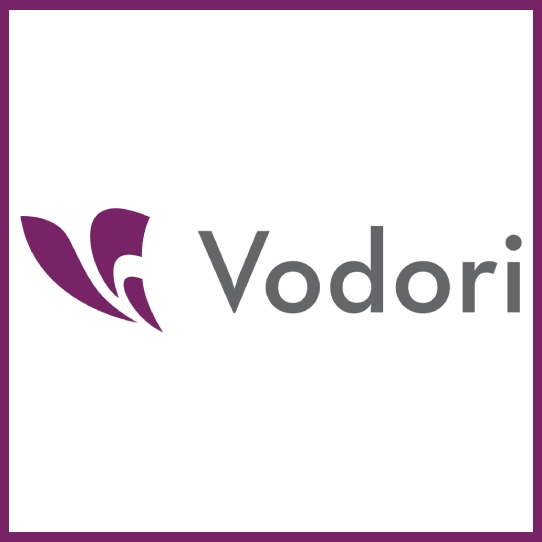The Missing Piece for MLR Team’s Success is Defining Clear Roles in the Promotional Material Review Process
As businesses increasingly rely on timely and compliant promotional materials, the complexity of managing a promotional material review team has taken center stage. The stakes are exceptionally high in industries such as life sciences, where regulatory compliance is tightly interwoven with market success. Properly managing these teams not only influences the speed of content deployment but also ensures it meets stringent legal standards, thus playing a pivotal role in a company’s operational efficiency.
What unique challenges do promotional review teams encounter, and what strategies can improve their effectiveness?
Today’s episode of “Amend and Progress,” hosted by Annalise Ludtke from Vodori features Anne Swearingen, CEO of 6 Tangerines Consulting. Anne shares her insights on the nuances of team management within the promotional material review process. Drawing from her extensive experience in consulting, Anne highlights the unique challenges and opportunities faced by teams that do not directly report to each other yet must collaborate effectively. She emphasizes the importance of clear roles and communication in such setups, providing practical strategies to enhance team dynamics and overall performance.
Today’s episode will delve into:
- The specific issues arising in team management within the promotional material review process.
- Effective practices to enhance teamwork and performance.
- The overarching benefits of targeted management efforts on team operations.
Anne Swearingen has earned widespread recognition for her innovative solutions to team management challenges, especially in environments requiring rigorous compliance and efficiency. Her experience spans several high-stakes industries, making her insights invaluable to today’s discussion.




